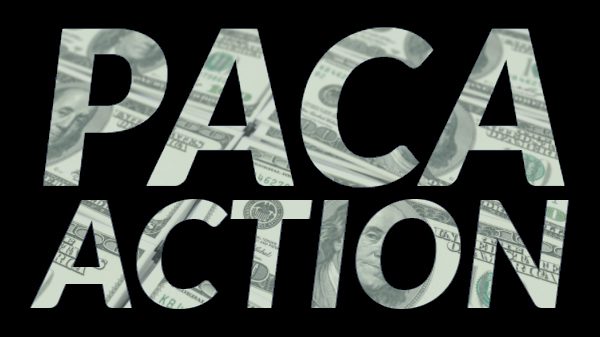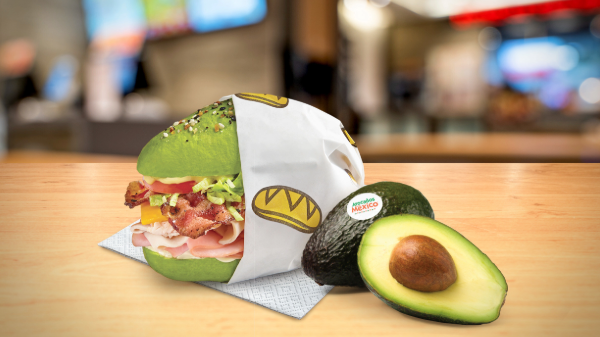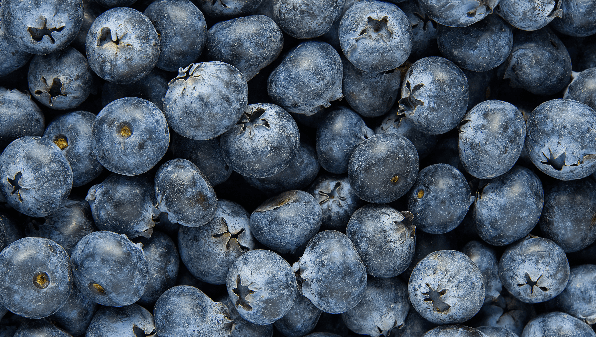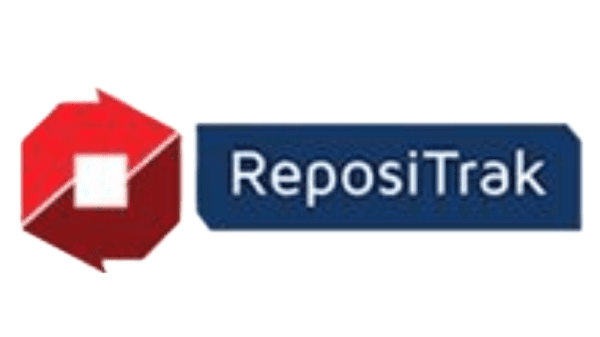Welcome to Blue Book!
Are you ready to join the thousands of companies who rely on Blue Book to drive smarter decisions? View our plans and get started today!
Still have questions? We’d love to show you what Blue Book can do for you. Drop us a line– we’ve been waiting for you.
Blockchain doesn’t work without good data.
“Blockchain is a platform for keeping data and sharing relevant data with others,” says Jennifer McEntire, vice president of food safety and technology at United Fresh Produce Association in Washington, DC. “It’s not a substitute or aid to capturing good data. You have to have the structure in place to have a successful implementation of blockchain.”
Even companies with sophisticated data tracking systems may have to make some changes.
“Legacy programs and systems often present the greatest challenge in preparing for implementing any sort of transparency solution, as data collected over the years may have been collected for different purposes and may not be complete, may not have consistency of nomenclature, or there may be unnecessary duplication,” says Bil Goldfield, director of corporate communications for Dole Food Company.
Hence the information would need to be cleaned up to ensure accuracy and instill confidence. He also notes that blockchain requires an understanding of the entire supply chain.
“Whether looking to implement blockchain or any other sort of transparency solution, the key is to have detailed, intimate knowledge of your supply ecosystem,” he says.
“Not just the one-step forward, one-step back that exists today for traceability systems,” Goldfield continues, “but going beyond that to understand the full ecosystem from beginning to end, and knowing not just the who, what, and when of product transactions, but also the how.”
Another upfront consideration is what kind of data will be shared.
“You need to have a conversation today, within your company and with your outside lawyers, about what data—if asked—you’re going to share and what you won’t,” says Ed Treacy, vice president of supply chain for Newark, DE-based Produce Marketing Association.
“You don’t want to have to decide when your largest customer asks, and you might lose an order.”
Standard information such as audit results and transportation data will be readily shared on a blockchain, for example, but something like the social security numbers of the people picking the produce or the farm owner might be off limits for competitive or privacy reasons.
Another question: who will have access to data? Sharing with trade partners is a best practice, but what about regulators or consumers? This, too, should be decided in advance, experts say.
Charlie Loes, director of technology at Robinson Fresh, headquartered in Eden Prairie, MN, offers some thoughts as well.
“There are a few things produce suppliers and transportation firms can do now to be early adopters:
- get involved in industry events;
- research the key concepts inside of blockchain; and
- consider building your own proof-of-concept via Hyperledger, a platform for open source (free) blockchains and blockchain tools.”
One thing on which almost all observers agree is that blockchain is coming and everyone needs to prepare.
“This isn’t nonsense or fluff,” says Jeff Roster is vice president of retail strategy at IHL Group, a technology and research firm that works with retailers. “This is a big deal.”
—–
This is an excerpt from the most recent Produce Blueprints quarterly journal. Click here to read the full article.








